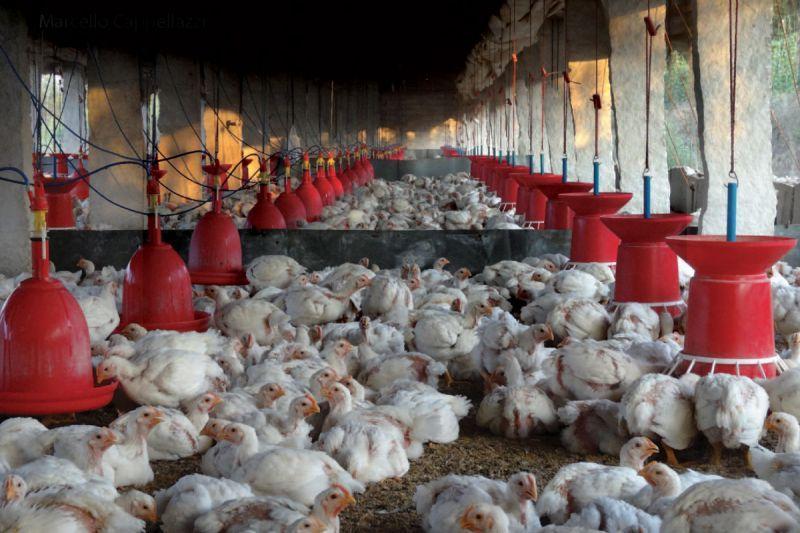Africa-Press – Botswana. Findings from a research conducted by the Competition and Consumer Authority indicate that some large-scale farmers discriminate against hawkers and prefer to sell their produce to retail chain stores.
The authority’s director of investigations, Mr Ernest Bagopi said hawkers across the country decried discrimination by farmers in Ghanzi and Tuli Block, but that no incidents of similar treatment had been registered in respect to farmers in Pandamatenga.
Speaking during the Botswana Institute for Development Policy Analysis (BIDPA) vegetable import policy dialogue in Gaborone on Monday, Mr Bagopi said reports by hawkers indicated that the discrimination pertained mostly to the quality of produce and its pricing.
With regards to potatoes, he said hawkers alleged that some farmers barred them from buying Grade 1 and 2 produce which was made accessible only to retail stores.
He said they also reported that the lower grade potatoes which they were allowed to buy were sold to them at prices of the higher grades.
Mr Bagopi added that despite the unfair treatment, hawkers still had to queue at the farms for weeks before purchasing, with supply at times running out before they could buy.
He said during engagements with the Competition and Consumer Authority, farmers had indicated that the vegetable import restrictions had compelled them to prioritise chain stores, but that it had however emerged that the discrimination had persisted even after the partial lifting of the import restrictions.
Mr Bagopi said while the vegetable import restriction was a good initiative, it needed proper implementation to ensure that existing gaps within it were closed so as to bolster SMMEs.
He said it was important to ensure that hawkers were protected in their dealings with farmers, citing a 2024 incident in which many hawkers lost huge sums of money from being supplied with bad quality potatoes in Ghanzi.
Mr Bagopi said the potatoes in question were rotten as they had been exposed to extreme heat while underground as some farmers were alleged to have burnt grass to keep crops warm during frosty weather.
For his part, farmers’ representative, Mr Otlaadisa Ramothudi said the poor quality products in the market did not come from local farmers because they submitted samples before they could supply.
Mr Ramothudi said produce was checked again during point of supply and was sent back if it did not meet set standards.
Affirming farmers’ satisfaction with the quality of the produce that they supplied to retailers, he said as subsistence farmers, they did not have the appropriate facilities to store produce and prevent it from going bad quickly, especially in light of the limited market.
He said produce constantly got spoilt and thrown away due to lack of cold storage and processing facilities; problems which he said continued to deter them from adequately meeting demand.
“If we had the facilities, we would be able to produce more than what the country needs,” he said.
Highlighting the need to augment the Letsema Horticulture Market situated in Gaborone, Mr Ramothudi said more cold storage facilities have to be established across the country to collect produce from aggregated farms.
He said pricing was also a problem as farmers were expected to sell produce at a certain price over a long period of time despite increases in the cost of production.
For More News And Analysis About Botswana Follow Africa-Press






